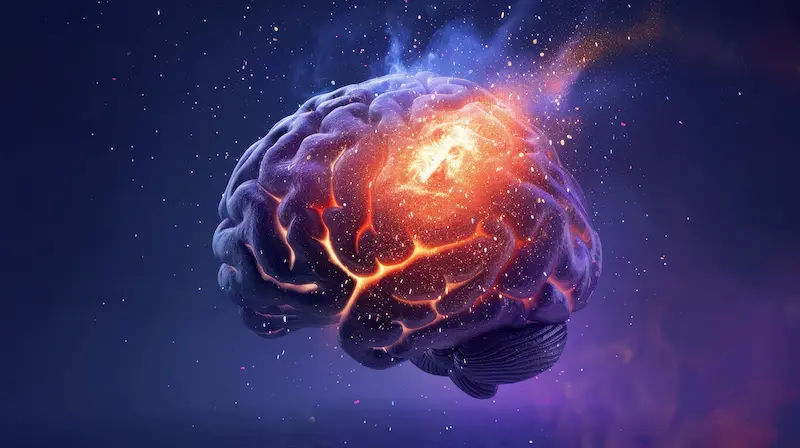- male
- 60 Years
- 01/04/2021
How can I prevent a stroke?
Answered by 1 Apollo Doctors
Eat well, Stay Active,Say no to Smoking and drugs,Control your blood pressure,Maintain you BP 120/80 and monitor the BP regularly incase if your Hypertensive. Maintain you sugar and cholestrol level .
Dr. Mubarak Suggests...
Consult a Neurologist
Answered 04/07/2025
0
0


Ask Apollo
AI powered Health Chatbot
-
Lifestyle Modifications
- Maintain a healthy diet low in salt, saturated fats, and cholesterol.
- Engage in regular physical activity suitable for your ability.
- Avoid smoking and limit alcohol consumption.
-
Medical Management
- Control blood pressure with medications if necessary.
- Manage diabetes and cholesterol with appropriate treatments.
- Consider antiplatelet agents like low-dose aspirin if prescribed.
-
Regular Health Check-ups
- Monitor blood pressure, blood sugar, and lipid profile routinely.
- Screen for atrial fibrillation or other heart conditions.
-
Recognizing Warning Signs
- Be aware of stroke symptoms such as sudden weakness or speech difficulty.
- Seek immediate medical attention if symptoms occur.
-
Consultation with Specialists
- Consult a neurologist or cardiologist for personalized risk assessment.
-
Mental and Emotional Health
- Manage stress and maintain social connections for overall well-being.
Recommended next steps
Consult a Neurologist or Take a CBC Test (Complete Blood Count) Test
Answered 20/08/2025
0
0
More Neurology Health Queries
View allCan being out in the sun cause dizziness, headaches, and make you sleepy? I've been feeling really dizzy in the afternoon and evening, and I've noticed my blood pressure drops to 9060. Should I be worried about this?
Yes there is cure for that visit Psychiatrist for appropriate management
Answered by 1 Apollo Doctors
What are examples of neuropathic pain?
Diabetic neuropathy,post chemotherapy neuropathy, taumatic nerve lesion, multiple sclerosis etc
Answered by 1 Apollo Doctors
MRI shows a type 2 AICA loop in my left ear causing vertigo. I've tried multiple treatments but nothing helps. Is surgery an option to remove the loop, and how complex would it be?
You have tinnitus or giddiness? Type II still can be conservatively managed and it might be a incidental finding! Needs detailed history and evaluation
Answered by 1 Apollo Doctors
Disclaimer: Answers on Apollo 247 are not intended to replace your doctor advice. Always seek help of a professional doctor in case of an medical emergency or ailment.

.webp)



